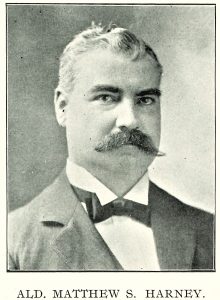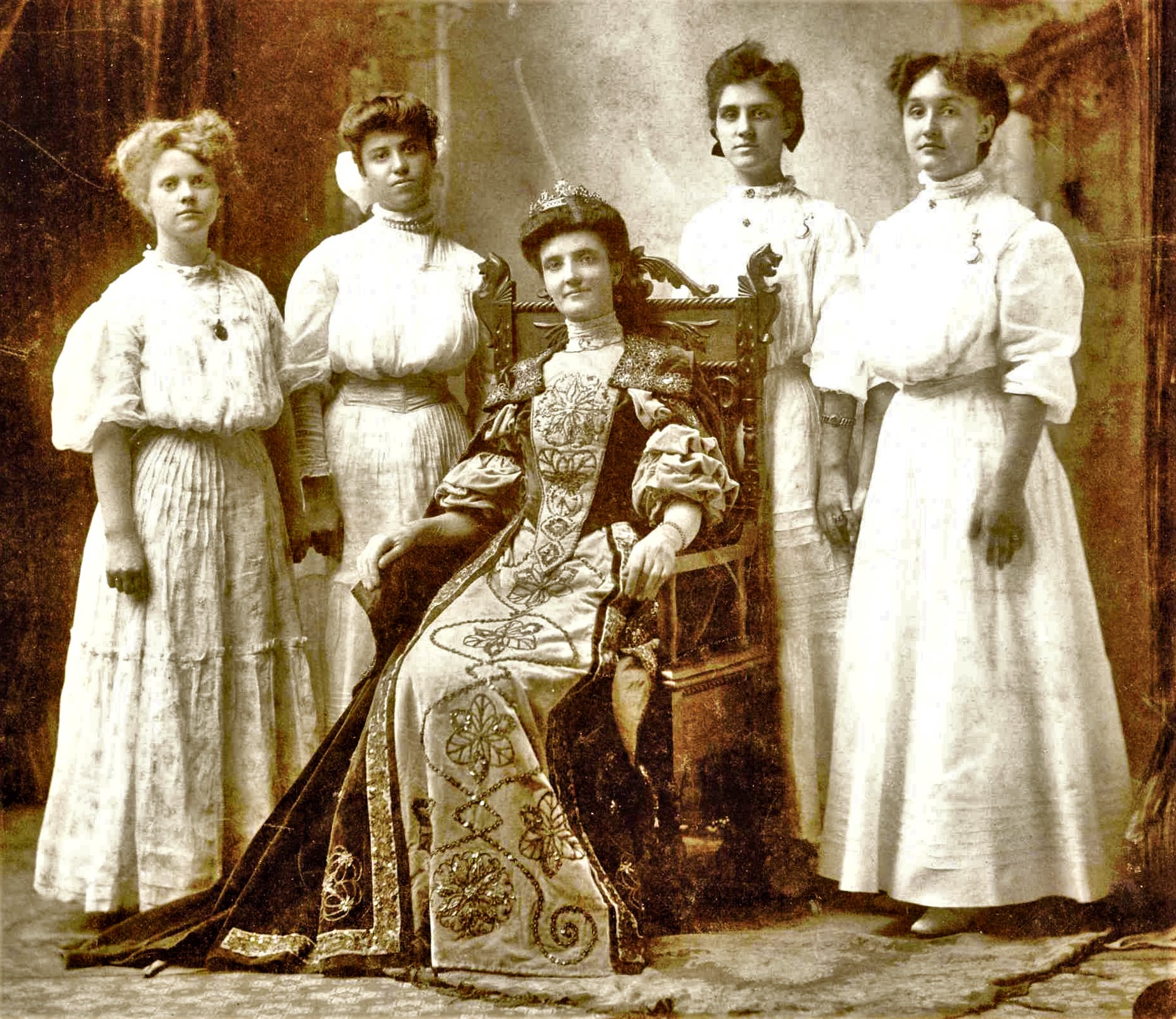Give Them Land, but No Irish Need Apply

 By Sandy Vasko
By Sandy Vasko
There was a saying in Will County when the I & M Canal was being built: “There are three things needed to build a canal – a pick, a shovel and an Irishman.” Certainly, that seemed to be the case. Today we look at the Irish and how they came to be here.
At the same time the canal was being built, in Ireland the people were suffering because of the potato famine. And that’s where the canal commissioners did their advertising – on posters, in the newspapers and in person. The response was immediate. Soon Irishmen were landing in New York, Boston and Canada, bound for Buffalo, New York.
One thing I must interject here, is that the Canal Commissioners did not hire the labor force. The canal was portioned off into 24 sections, with each section having a contractor. It was the contractor who hired the men, housed them, fed them and sheltered them.
The commissioners did do one thing — They sent a lake boat to meet the new arrivals and carry them to Chicago. The fare was $13, $3 more if you wanted to be fed. If the prospective worker did not have the money, he signed an I. O. U. for the amount, with the stipulation that it be paid back as soon as the shores of Chicago were reached.
Of course, if the man did not have the money at the beginning of the voyage, he certainly did not have it when he landed in Chicago. Here is where the contractor stepped in. He would say to them, “I will pay off your debt to the canal if you come to work for me.” Of course, they agreed and off they would go, to the section delegated to that contractor.
There came a time when the State of Illinois, and the Canal Board had no more money to give. The work on the canal was not halted; instead canal script was issued instead. This paper money was printed by various banks in Illinois and was supposed to be as good as real money. Most merchants did not believe that, so very few agreed to take it.
There were really only two things it could be used for: goods at the company store and land from the I & M Canal Company itself. The Company had the mandate to sell land it owned, 20 miles on either side of the canal, to help defray its cost. The Irishman, who never had a hope in the world of owning land of his own back in the old country, immediately jumped at the chance.
This created a linear Irish community from the shores of Lake Michigan in Bridgeport, along the banks of the canal; Summit, Willow Springs, Lemont, Romeo, Lockport, Joliet and on westward. The first churches in most of these towns were Irish Catholic.
Not all citizens were happy about this. In 1855, Alexander McIntosh, the editor of the True Democrat newspaper wrote, “Ireland, for years, has been vomiting upon our shores the scum and excrescence of her bogs – her ragamuffin paupers and her wretched victims of squalid poverty, brutish ignorance and stolid superstition.
“In their native Isle they enjoyed and exercised no political rights – were a despised caste – were poor, miserable, cringing serfs, upon whose slavish necks rested the foot of despotic power – and were the blind devotees of Priestcraft; but when they put their foot upon American soil, they instanter are metamorphosed into brawling, insolent, menacing politicians.
“Not accustomed to exercise civil and political rights at home, they, in America, riot in excess of liberty and abuse the rights conferred upon them. From servitors and spalpeens they become haughty, over-bearing and intolerant tyrants. Escaping from their mud hovels and from under the iron heels of hard taskmasters, in sweet Ireland, they attempt, here, to imitate their former oppressors, by riding ruff shod over free born American.”
By the 1870s, we find a large community of Irish in the coal regions of Will, especially Braidwood. And, unlike the canal laborer, most of them brought families with them. “The Irish ladies of Braidwood have the invitations and programme out for a Leap Year Calico Hop, to take place on Friday evening, Feb. 25th, at McArthur’s Hall. On the part of the ladies, this party will be composed of the daughters of Erin, and if they don’t show the boys a lively time, we are very much mistaken.”
The various Irish societies from Braidwood and Joliet frequently held celebrations together, marched in each other’s St. Patrick’s Day parades, held picnics and rallies for political candidates both, in this country and in Ireland.
In 1874, the Joliet schools added Irish to their curriculum, joining French and German. Making this language somewhat acceptable in polite society.
In the spring election in 1880, the People’s Party was the leading political organization in Will County. It was made up of mainly non-Irish. We read, “The People’s ticket, bears out the injunction, so commonly used in the days of Know-Nothingism, that ‘No Irish need apply.’ Though at least one-third of the population of the town of Joliet are of Irish descent, yet that nationality is entirely ignored in the make-up of the so-called People’s ticket.”
The Joliet News came out with a ticket they pushed in their newspaper. They claimed that an Irishman would never be elected in Ward 6. The Joliet Signal printed a letter to the editor about the owner of the News. “There were Irishmen alderman from the 6th Ward, before Mr. News man ever knew there was such a place as Joliet, and made as good, if not better aldermen than any of any other nationalities.
“Who is it that keeps his slanderous sheet alive? Is it the Irish or American? If it was not for the Irish people of this city, his sheet would be gone to the dogs long ago, and he knows it well. He or his reporter ought not to utter one word against the Irish, for when a mortgage was hanging over his head, who was it saved him, but an Irishman? And who was it that bailed him out of jail, but an Irishman.”
“He has not brains enough under that cap to last a flea a week. If you were to take him, his reporter and a polecat and shake them up in a bog, you could not tell which was which, but we think the polecat would be the least offensive of the three.”
This war of words, and sometimes votes, went on for decades. By the 1900s, prejudice against the Irish all but disappeared, to be replaced by other new ethnic and racial groups.

This photo shows an Irish queen and her court in Joliet. Note the shamrocks embroidered on her dress.